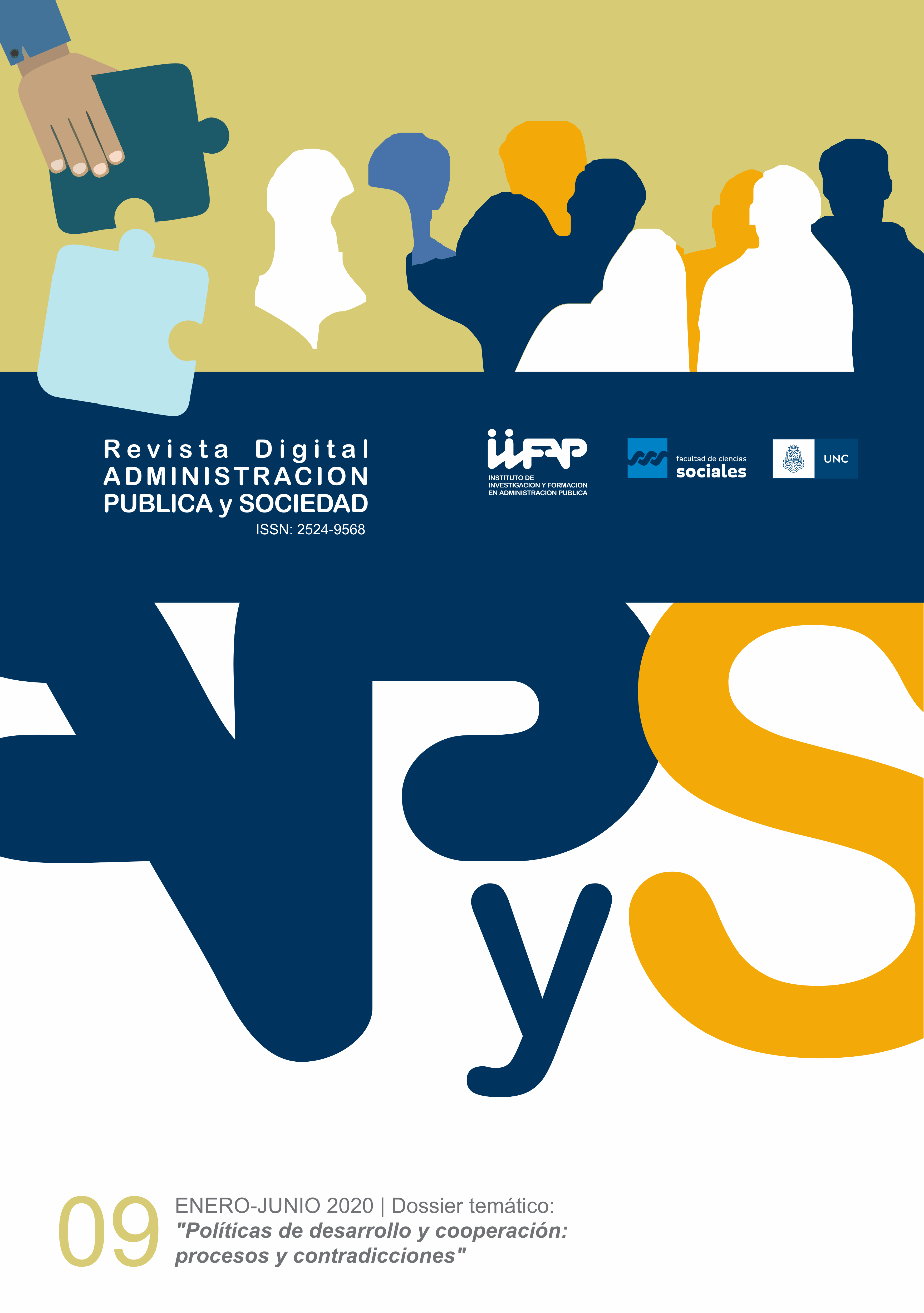Analysis of the implementation of the 12077/12 city ordinance urban agreements - Córdoba, Argentina
Main Article Content
Abstract
This article summarizes the analysis and evaluation of the implementation of the private-public agreements (APP) processes for Urban Development projects in Córdoba city, in the framework of the Urban Planning Agreements Ordinance (local law) 12077/12.
It arises from the concern for looking for efficiency and effectiveness of this instrument, assesses its impact, the prioritization of the general interest and its contribution to Sustainable Urban Development.
It is a joint analysis based on citizen participation and technical knowledge, with the aim of contributing to the improvement of this instrument and its implementation process, through the systematization, analysis and dissemination of high-quality information as input and implementation. of evidence-based deliberations. , establishes the issue in public opinion and increase citizen participation in the public policy decision-making process for Public Urban Development Policies.
Starting from the critical reading of the Ordinance, the systematization and cases analysis, this summary here focuses mainly on verifying the fulfillment of the stated objectives, analyzing the authorization procedure, the assessment of merit and the opportunity in the reasons of the Municipality, the role of the actors, the Deliberative Council and citizens conflicts, reviewing the agreed benefit from its calculation to the degree of compliance. Emphasizing in transparency at all stages of the process.
Article Details

This work is licensed under a Creative Commons Attribution-NonCommercial-ShareAlike 4.0 International License.
Authors who publish in this journal accept the following terms of the copyright policy:
- Authors shall retain their copyright (including copyrights) and shall grant to the journal the right of first publication of their work, which shall simultaneously be subject to the Creative Commons Recognition License: No commercial use of the original work or any derivative works is permitted, distribution of which must be made under a license equal to that which governs the original work.
- Authors may adopt other non-exclusive license agreements for the distribution of the version of the published work (e.g., placing it in an institutional repository or publishing it in a book) provided that the initial publication in this journal is indicated.
- Authors are allowed and encouraged to disseminate their work through the Internet (e.g., in institutional repositories or on their website) after the publication process, which may lead to interesting exchanges and increased citations of the published work. (See The Effect of Open Access).

